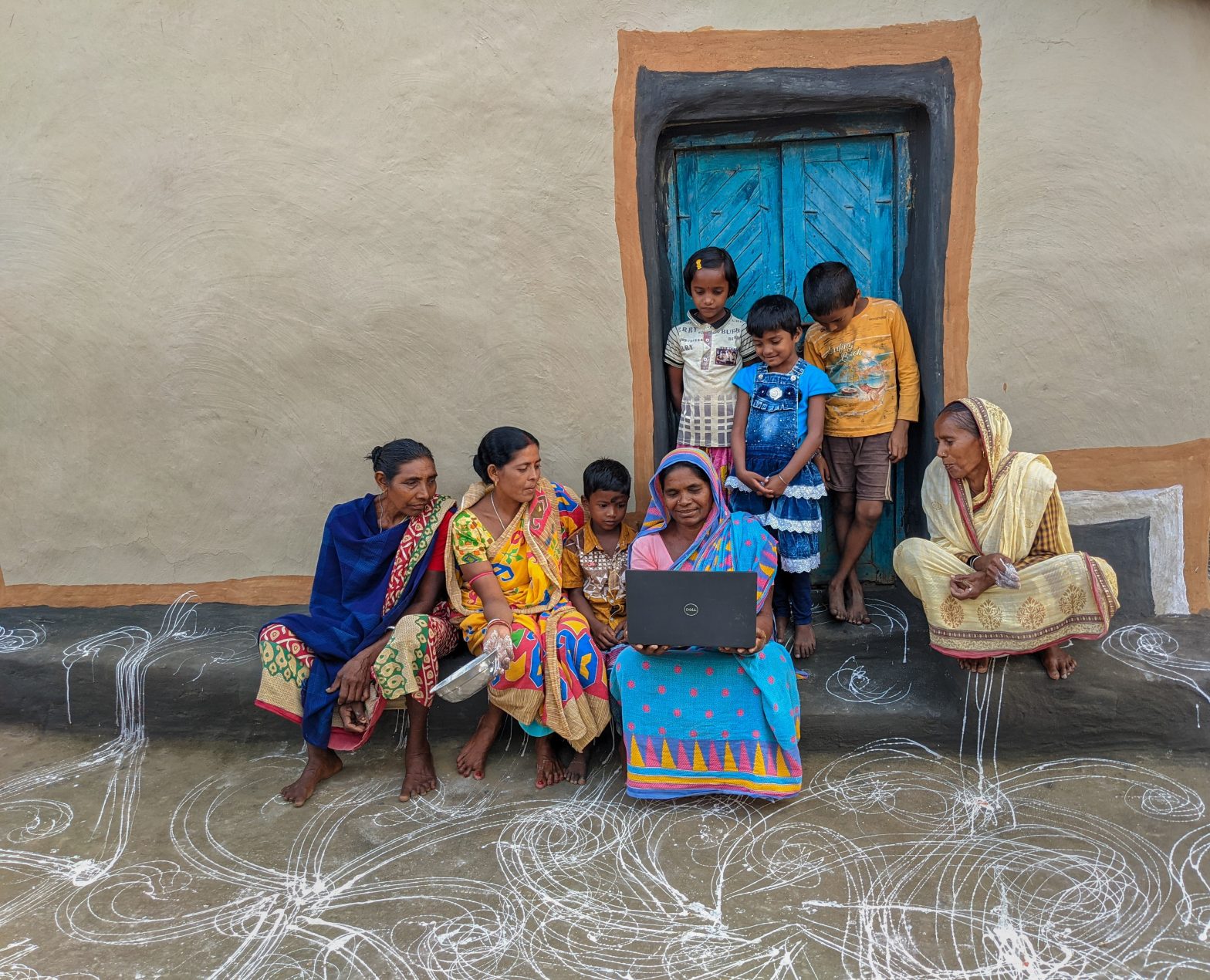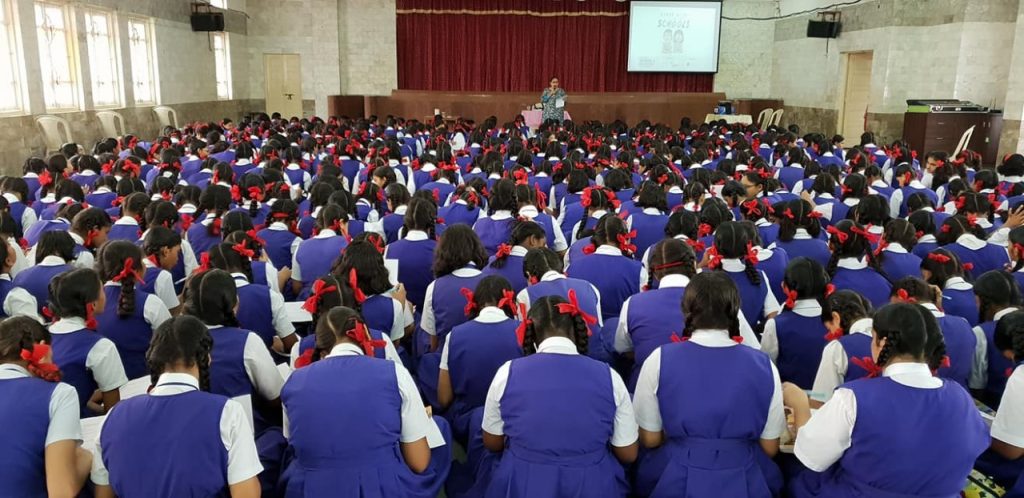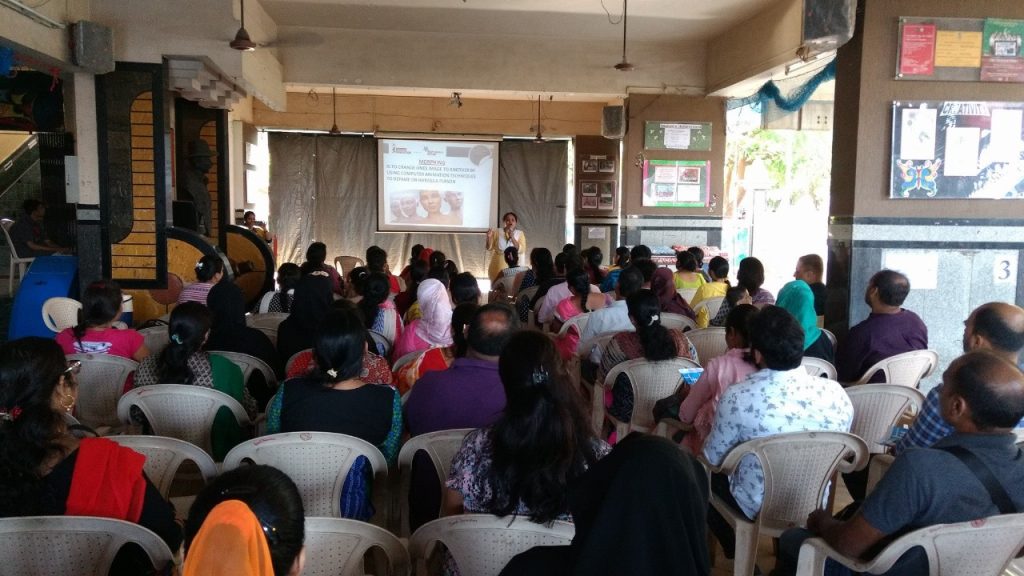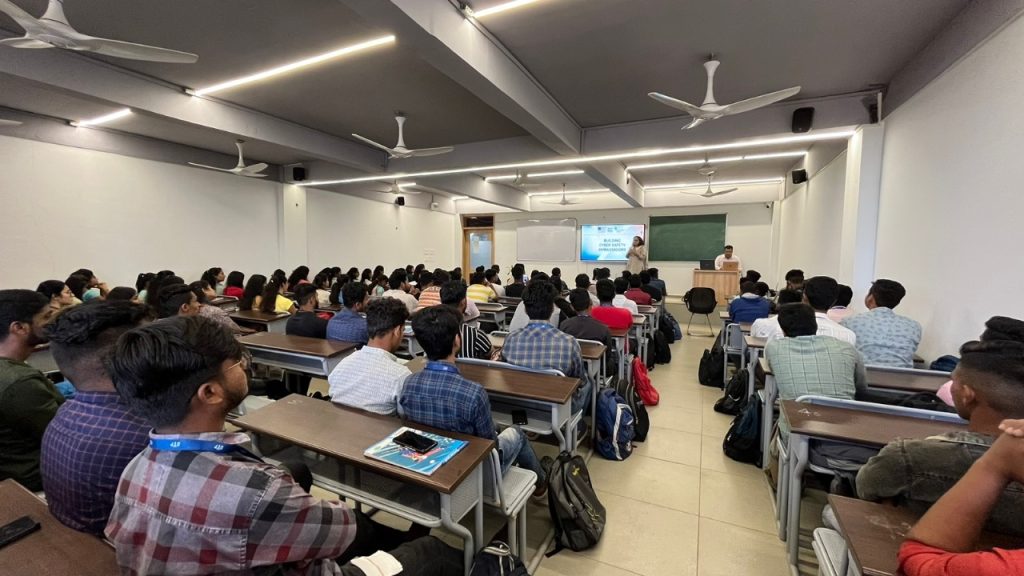
‘More awareness is needed about safe internet use’
“We need to involve parents in conversations about internet safety,” Unmesh Joshi, co-founder and COO of Responsible Netism, tells Village Square.

“We need to involve parents in conversations about internet safety,” Unmesh Joshi, co-founder and COO of Responsible Netism, tells Village Square.
Village Square: Instances of cybercrime and banking fraud have increased over the years. How peculiar are these problems in rural areas and how do you address internet safety issues?
Unmesh Joshi: We engage quite extensively with parents on the issues of online financial transaction safety. We tell them about the best practices associated with using online banking, payment gateways and e-wallets.
We also provide counselling support through our cyber wellness helpline. We have been running this initiative on safe internet use for the last eight years. Usually people are reluctant to speak about financial frauds. They feel ashamed and guilty.
We also help the victims in navigating the legal system and aid them in registering complaints. Often the victims of financial frauds are revictimised when they approach the police. They are told that it was their fault when they report the crime. This leads them to not report the offence at all.

We encourage and help them through the reporting process. We also help people to report the crime to their banks and register the complaint on cybercrime.gov.in, which is a wonderful online platform. If the bank is not responsive, we help them escalate the complaint to the Reserve Bank of India as well.
Village Square: Internet is a rapidly evolving landscape. How has Responsible Netism evolved over the years to tackle new challenges?
Unmesh Joshi: While we started working in 2010, our trust got registered two years late. We started our work in Mumbai but soon started getting a lot of calls from rural districts of Maharashtra.
In 2011, we got an opportunity to speak at colleges and schools on the issue of internet safety. We realised that with internet penetration increasing across India among all age groups, the mental wellbeing aspect of internet usage is something we need to work on.
There is absolutely no awareness of responsible, safe use of the internet and social media.
Since 2014, we have collaborated with the Government of Maharashtra and the education department to reach out to students and teachers in rural areas. We cover 300-400 schools per year across India. We also recently started working in Madhya Pradesh.
Our engagement in the school involves organising training and awareness sessions with various stakeholders – teachers, parents and children. We have recently started India’s first cyber wellness cell at the Vikram University in Ujjain, and will soon expand to other universities in Gujarat, Maharashtra and Madhya Pradesh. This is to create a support system for people in distress.

While artificial intelligence (AI) too poses some new challenges, our approach is to leverage technology. So we view AI as an opportunity to reach out to more people and address more cases of financial fraud, harassment and trolling using bots.
Village Square: What is the focus of your school workshops?
Unmesh Joshi: We speak about crimes which are happening on the internet specifically against children, or crimes where children are involved. We speak about mental wellbeing in cyberspace, reporting mechanisms, screen time regulation, responsible gaming and cyber security – how to secure your devices and platforms.
We always give a disclaimer in our sessions that we are not against internet or social media platforms. We promote responsible usage of the internet and devices.
While we do make them aware about instances of crime and other pitfalls of the internet, we also tell them about various success stories – how children are using the internet to empower themselves and others around them. We also involve students in our ongoing projects as researchers and volunteers. A workshop session safe use of internet usually lasts for 60-90 minutes.

Village Square: What has been your experience working with parents and children when it comes to issues related to social media?
Unmesh Joshi: There is a huge knowledge gap between parents and children when it comes to social media and the internet. Children have become extremely tech savvy while the parents are still catching up. This gap is of course much wider in rural areas. This makes parents anxious about what their children are up to on the internet.
We always encourage parents to interact with children, keep the doors of communication open and learn about the internet from the child. We speak with children too about being open with parents. We motivate students to talk about technology to their parents, to simplify what they find difficult to understand.
We even recommend parents to play games with their children. In our experience, this bridges communication gaps and builds trust between them.
We educate children about the importance of age appropriate content and games on the internet. You may be surprised to know that children actually respond well to this approach.
Also Read: Involving rural parents in children’s education
The lead image on top shows a family watching online content in rural West Bengal. (Photo by Surit Datta)